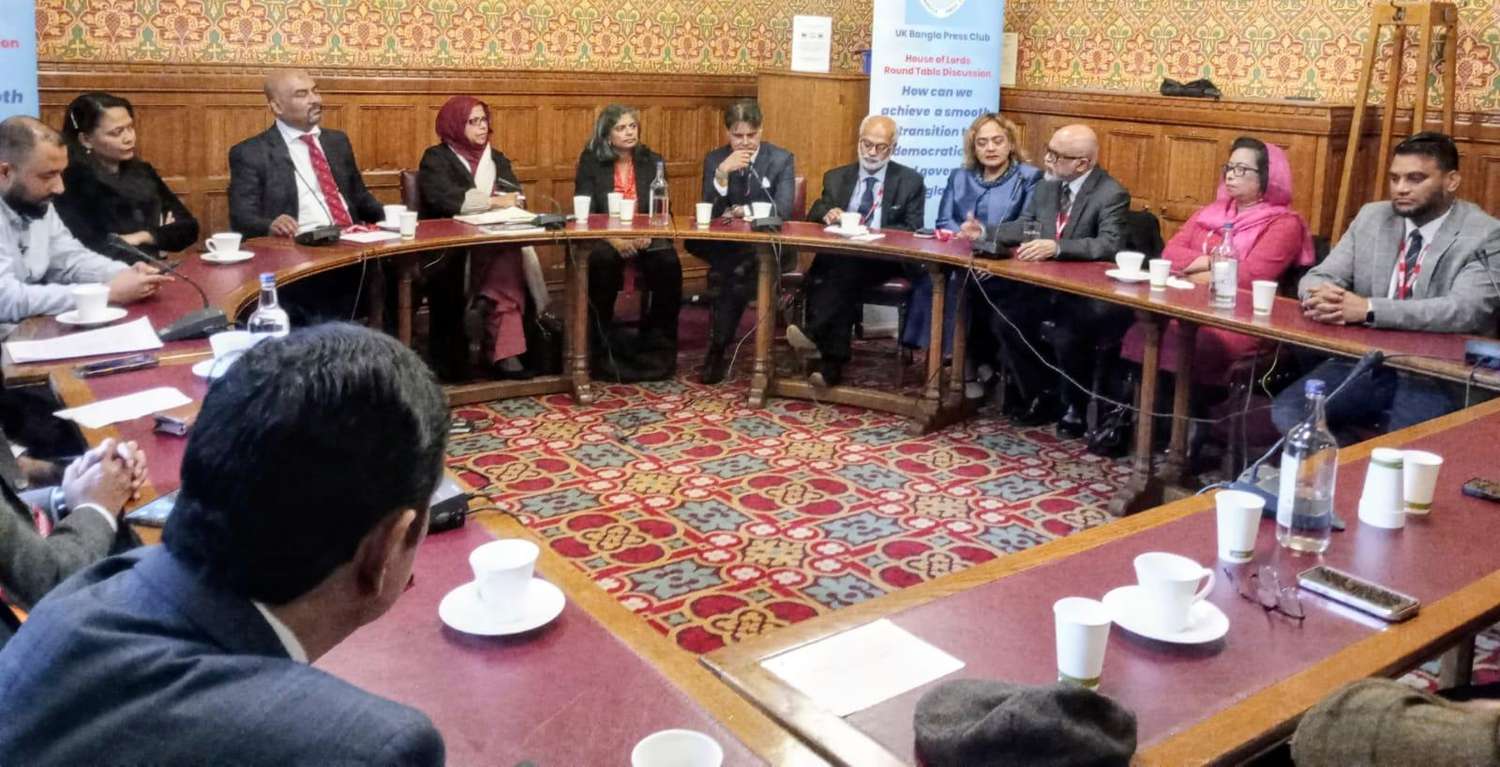Massive Post-16 Education Shake-Up Targets Vocational Skills and GCSE Gaps-In a sweeping move billed as a major overhaul of the post-16 education system, the UK government is set to introduce new 'V Levels' qualifications for students aged 16–19, accompanied by a crucial new qualification designed to support pupils struggling to gain a pass in GCSE English and maths, Daily Dazzling Dawn understands.
Education Secretary Bridget Phillipson stated that vocational education has been "an afterthought for too long" and is central to "breaking the link between background and success." The reforms aim to deliver the opportunity and growth the economy needs, directly supporting Prime Minister Sir Keir Starmer's pledge to ensure two-thirds of young people either go to university or pursue a technical qualification after leaving school.
Introducing V Levels and Enhanced Flexibility-The core of the vocational reform is the introduction of V Levels, which will replace a confusing landscape of 900 existing vocational qualifications for 16-to-19-year-olds. The Department for Education (DfE) says V Levels are designed to be "new vocational qualifications tied to rigorous and real-world job standards," strengthening skills across key industries in the government’s Industrial Strategy.
Crucially, V Levels will sit alongside A Levels and T Levels, allowing students greater choice and flexibility by combining vocational and academic study. For instance, a student could combine an existing A Level with two V Levels in related areas like 'Craft and Design' and 'Media, Broadcast and Production', or a combination of three V Levels across fields like 'Sport and Exercise Science,' 'Digital,' and 'Health and Care services.'
A Direct Path to GCSE Success-Beyond the vocational shake-up, the government is also announcing a new, distinct qualification to act as a "stepping stone" for students who do not achieve a crucial passing grade in GCSE English and Maths. This is intended as a more supportive route for students before resitting the full GCSE exam.
This measure is seen as a direct intervention to move away from the "morale-sapping system of mandatory GCSE resits," according to Pepe Di'Iasio, General Secretary of the Association of School and College Leaders (ASCL). The DfE notes that this new approach will be of particular benefit to white British pupils eligible for free school meals, a group where 64% do not currently achieve a pass in both subjects.
Impact, Investment, and Reaction-These reforms are being introduced to ensure all young people are equipped with the skills needed for good jobs and to address a post-16 qualifications framework that has "lacked coherence and clarity." The government believes these changes will directly address skills gaps and improve long-term economic prospects.
To back this significant overhaul, the government has committed an additional £800 million in funding for 16–19 education in 2026/27. This funding will also support the creation of 14 new Technical Excellence Colleges in sectors deemed key to the UK's Industrial Strategy.
The plans have been met with guarded optimism by the sector. Daniel Kebede, General Secretary of the National Education Union (NEU), called the announcement a "significant step forward," presenting an "important opportunity to deliver greater fairness, consistency and quality." However, he stressed that the government must also address the "chronic issue of low pay among post-16 teachers and lecturers" for the reforms to truly succeed.
In contrast, the Conservatives’ Shadow Education Secretary, Laura Trott, accused the Labour government of "failing young people" and being too focused on political appeasement, pledging that the Conservatives would instead "double apprenticeship funding."
Details of the entire package will be formally unveiled on today in a new white paper on post-16 education and skills.








.svg)



